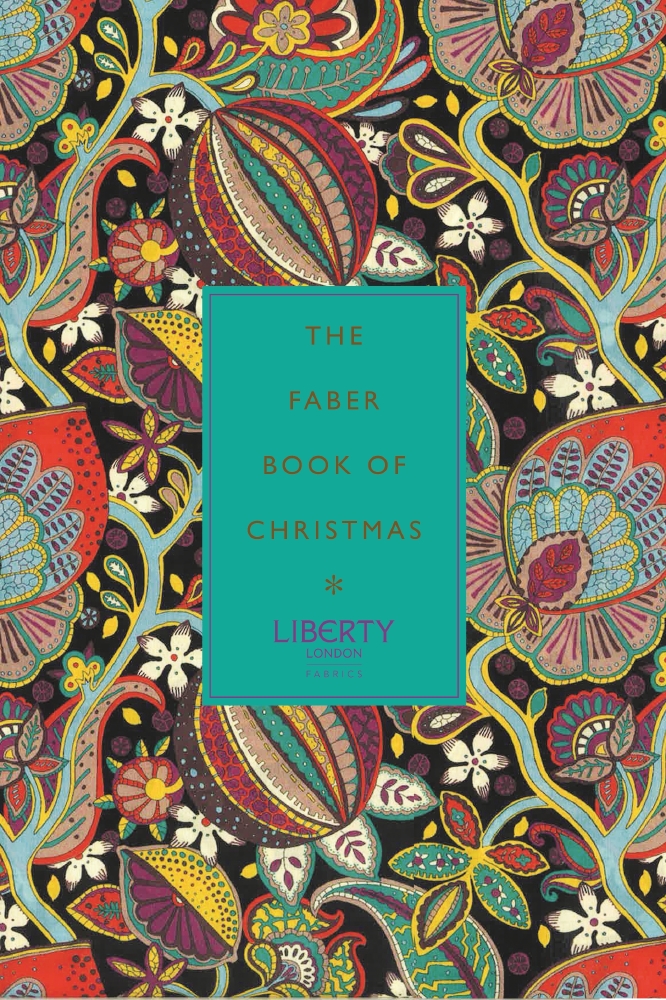Christmas is a time of obligatory happiness: goodwill to all men and a cosy communal celebration marked by licensed excess. Which makes the unhappy Christmas even more poignant. Here are ten worst case scenarios.

The Faber Book of Christmas
Christmas is traditionally a time for children: Father Christmas, presents under the tree, etc etc. But that makes the deprivation at the other end of the scale all the more poignant. Take Hans Christian Anderson’s The Little Match-Girl, who expires in an ally having used the last of her unsold matches in a failed attempt to keep her spirits up.
Fellow Victorian, Edmund Gosse was much more fortunate, but his childhood was blighted by his puritanical father who banned all celebration of Christmas. When the servants pressed a slice plum-pudding into the poor mite’s hand, guilt drove him to confess his ‘sin’, only to see his father hurl ‘the idolatrous confectionery’ onto the dung-heap.
Paul Muldoon’s poem ‘The Wishbone’ offers a less dramatic but equally strained take on the father-son relationship, as the two men share a meagre frozen chicken the first Christmas after the death of the woman of the house. The Queen is on in the corner, but with the volume muted.
In ‘White Christmas’, another poet, Simon Armitage hints at the dark, uncontrollable undercurrents stirred up by the seasonal family gathering, focusing the potential for punishing chaos on the manic behaviour of the dog, who seems to have appointed itself Lord of Misrule.
Many prefer to escape the suffocating embrace of the family altogether. With an anthropologist’s detachment, Jonathan Raban reports on a hotel Christmas of regimented fun overseen by a manageress nicknamed ‘the Camp Guard’.
But those averse to the forced jollity of the crowd should be careful what they wish for - see Jean Rhys’s account of spending Christmas alone in a boarding house room in the midst of ‘empty’ London, the pain of which is floated off into oblivion with a bottle of gin.
Most are desperate to evade the privations of loneliness, but Deborah McKinlay reminds us that those who throw caution to the winds at the office party may find themselves wincing in the harsh clear light of the morning after.
Jilly Cooper identifies the frustrations of adulterous couples trying to sustain some semblance of contact through the enforced separation of the Christmas period. (And spare a thought for the wretched bigamist, gamely committed to two Christmas dinners and two sets of present-openings with two sets of kids and his two duped wives.)
Without committing bigamy, Graham Greene managed two Christmases and two dinners one year by flirting with the International Date Line on a flight (in both senses of the word) from Europe to the Far East. Both meals were appalling, the one in Fiji just a shade more disgusting than Tahiti’s offering.
Finally, there is that most intrepid traveller, Captain Scott, whose last Christmas dinner on his doomed expedition to the South Pole consisted largely of horse meat spiced with curry powder.
Moral: we should all be extremely grateful for what we’ve got.
Happy Christmas!
Simon Rae
Tagged in Christmas

